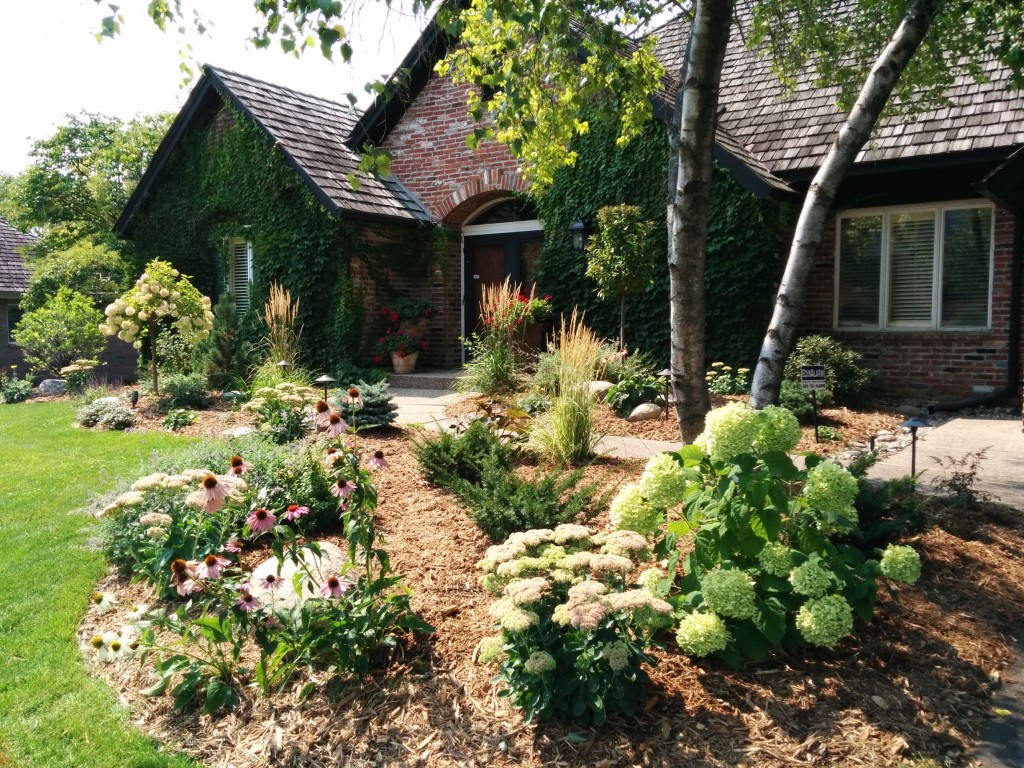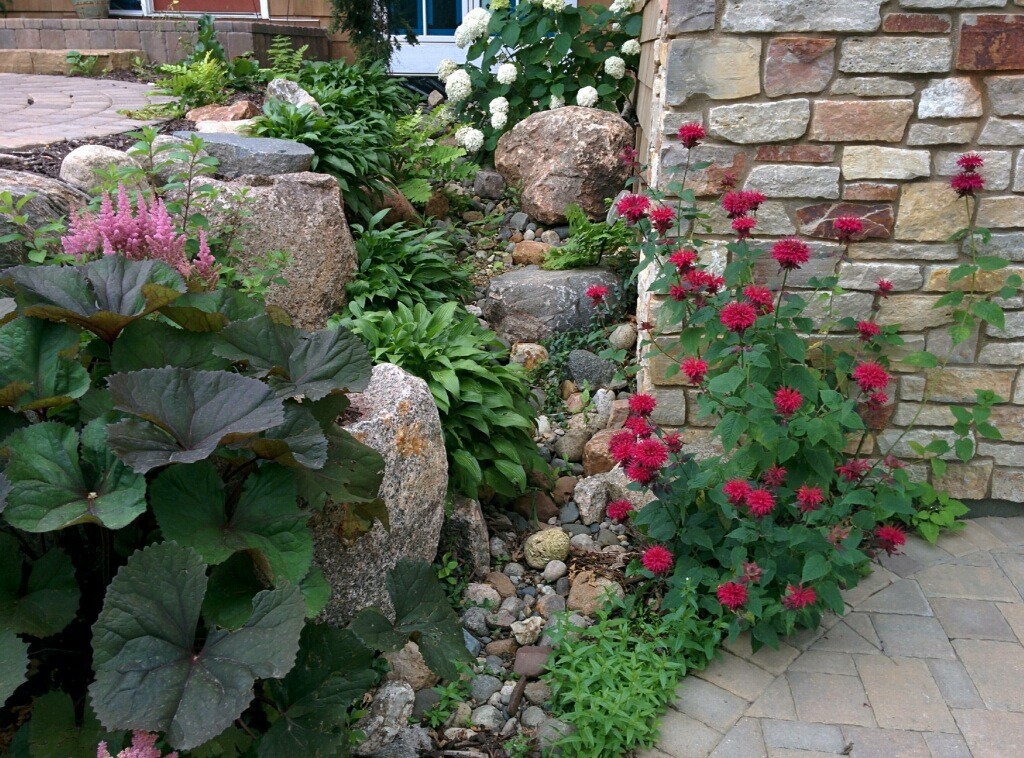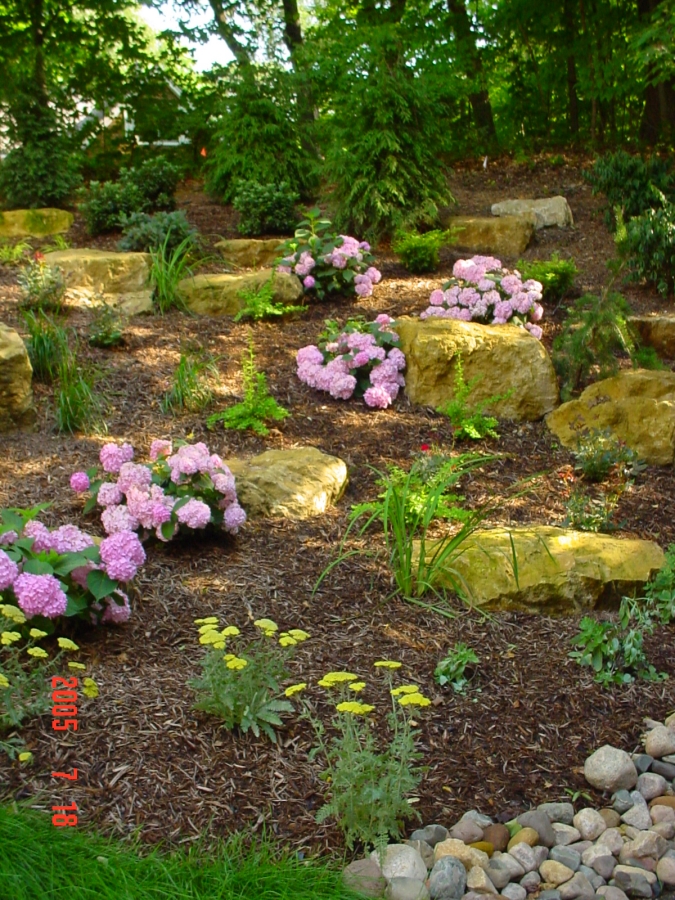Even in housing, first impressions are important. Curb appeal and landscaping is important if you are thinking about selling, or just want to present your home in its best light.
Using Landscaping to add value
It can be hard to know which elements will give you the most bang for your buck when you are considering updating your landscaping and increasing the value of your home.
Whether you’re thinking about putting your house on the market or not, everyone wants their house to make a good first impression, and landscaping is something you can work on now to add value to your home.
Here are a few tips to make your property shine.

Create a beautiful barrier
While you can’t change the size of your property or how close you are to the neighbors, you can add a little privacy by creating or installing a barrier. While adding a fence is always an option, a living, green barrier can be more subtle and visually appealing.
Shrubs that are evergreen and grow quickly can create beautiful hedges. If you’d like a larger border, evergreen trees like pine, cedar or fir, will add the same level of privacy but grow much larger.
Add color
Flowers and established landscaping can do wonders for creating a positive first impression. Many buyers or visitors will instantly notice a blooming garden.
To quickly add color, consider annual planters on your porch or deck. Flowering trees, shrubs or perennial plants will add more long-term color.
Create balance throughout the season
One landscaping trick is to consider when plants will bloom throughout the season and making sure you have continuous color all summer long. If you only plant spring blooms, like daffodils and tulips, your yard will be looking pretty bland by July. So plant a variety of plants in the same area – daffodils and tulips for the spring, coneflowers for the summer and mums for the fall. By adding a variety of plants you should be able to have color all summer.
Try adding edging
What looks better than a lush and colorful yard? A colorful yard with carefully designed edging! Edging is a crip border of gravel, stone or brick that is added to a property. It shows people that you are meticulous about the care of your home, inside and out. Plus edging gives you a tidy design without any added weeds.


 Contact 612-483-GOAT
Contact 612-483-GOAT